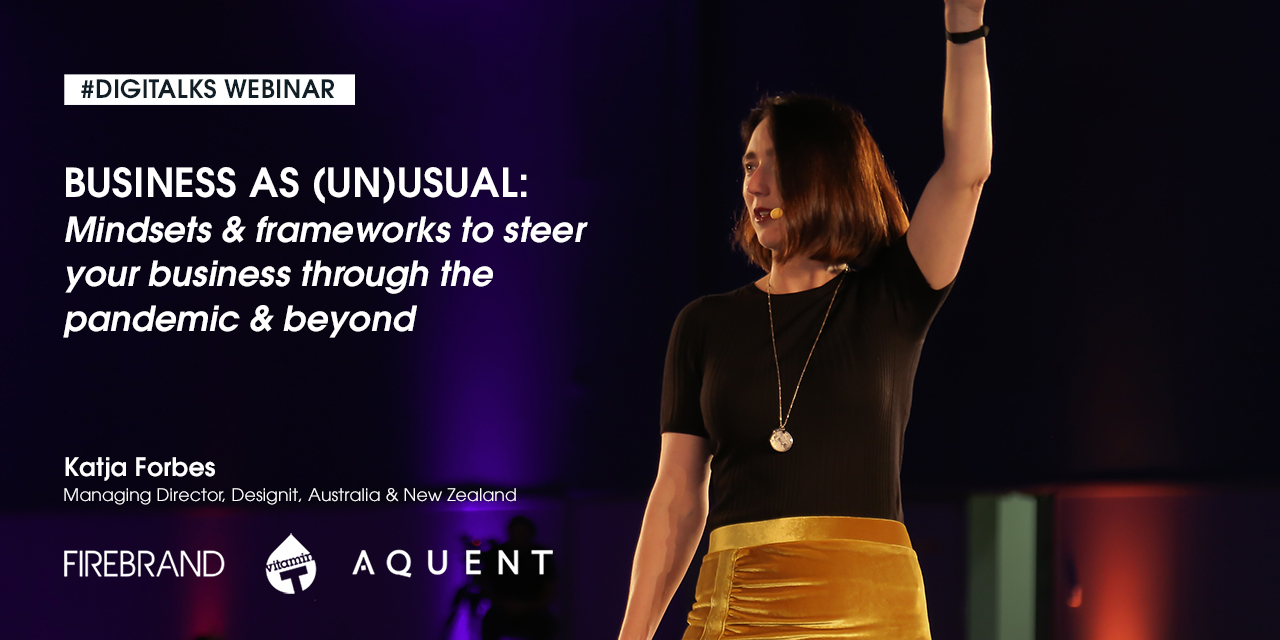Covid-19 showed us how vulnerable we are. We are affected at all levels of our lives: Healthwise, social and, above all, economical. The economic effects in particular have hit us hard —we were not prepared.
Some companies are little affected, as they serve urgent needs in the crisis, such as Amazon, Netflix or gaming companies. Others are losing business massively because their offer is not in demand during the crisis, e.g. Lufthansa and exhibition providers. The most common reasons we’re seeing are:
- Reliance on a traditional business paradigm
- Lack of innovative (digital) technology
- Broken global value chain
- Change in consumer behaviour and needs
Lockdown hits traditional businesses hard. The traditional business paradigm supports profit, performance, being better and competition. It’s a lonely fight using linear thinking. It’s not driven by purpose, belonging or co-operation which underpin more evolutionary businesses.
There will be no back to normal.
When we restart our economy, it will happen under conditions that did not exist before lockdown. This worldwide experience has changed our behaviour and shifted the values. This value shift will lead to a long lasting renewal. We need the ability to manage the complexity of our world and adapt quickly to new situations. Traditional business models need to be challenged and adjusted to be more resilient and adaptable.
The three most important action steps:
- Quick feasible solutions for the current situation
- Approaches for the time directly after the lockdown
- Strategies to be better prepared for a crisis in the future
Disruption needs action in the short, mid and long term.
We have to adapt our businesses in the short term in order to overcome the current crisis well. How might we reAct to changing processes and needs as quickly as possible? We should prepare the time after the shutdown to take advantage of medium-term opportunities. How might we reSpond to the special requirements as the pandemic progresses? We need to develop strategies and concrete activities to make our businesses more resilient in the long term. How might we reThink our strategies to answer the different types of crisis in our business models?
Short term – ReAct
Action: Evaluate your business model in the context of lockdown to identify concrete short term actions.
How:
- Record all relevant aspects of your business, e.g. needs of clients, employees, stake- and shareholders; map your value chain in detail
- Understand how these aspects change by the lockdown, identify challenges and quick wins; create a roadmap to bring quick wins to life
- Validate your challenges, identify and describe the three most promising (mid term) opportunities, create a value proposition for each
Medium term – ReSpond
Action: Validate one of your mid term opportunities, develop a value proposition and a first product/service concept.
How:
- Research: Deepen your knowledge of lockdown impact
- Reflect your opportunity from relevant stakeholder perspectives and refine your value proposition
- Ideate and design up to three solutions
- Develop prototypes and test material to validate your value proposition and ideas
- Test and learn, select and finalise value proposition and idea
- Develop the business model
Long term post-pandemic – ReThink
Action: Understand how to develop your business model crisis-proof and more resilient in the long term.
How:
- Trend research with a special crisis lens: Understand the impact of social, political, economic, technical trends
- Create up to four future scenarios for your company, department or product
- Map your current business model within these scenarios
- Identify necessary changes and possible new opportunities
- Select and describe the most promising ones
- Develop a road map to realise them
Looking forward
You can use this time to move towards a more resilient, evolutionary business paradigm. Focus on collaboration, co-operation, network thinking and a clear sense of purpose to ensure you can adapt to crisis instead of being overwhelmed.
Latest.

How to avoid creative burnout and refill your creative tank (before you really need to)
Thought Leadership

AI adoption failing isn’t the tech, it’s the people. How smart businesses overcome this.
Technology, Thought Leadership, Industry Trends

Temp-to-perm is the best way to hire today.
Hiring Insights


